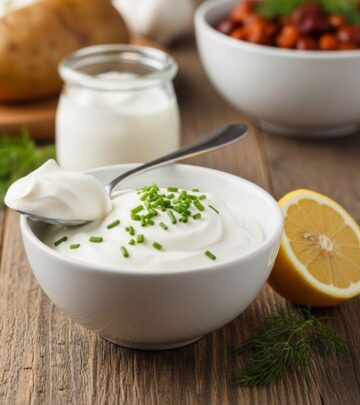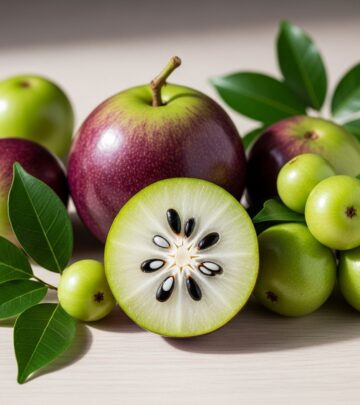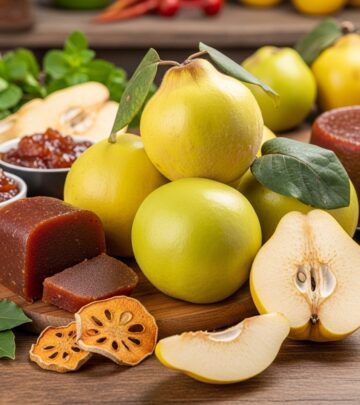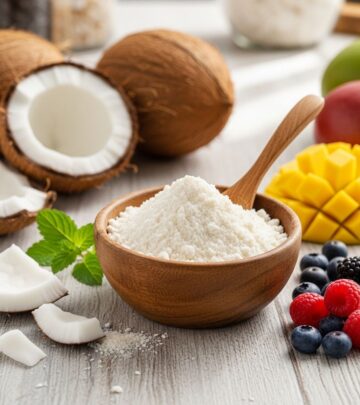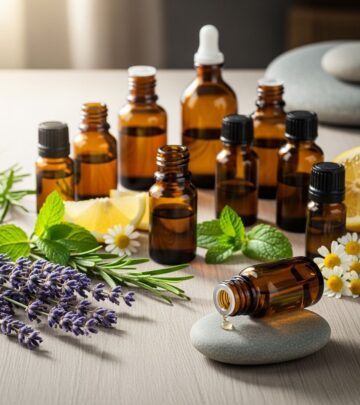Effective Home Remedies To Treat Dry Mouth (Xerostomia)
Harness simple kitchen staples and daily habits to keep your mouth moist and healthy.
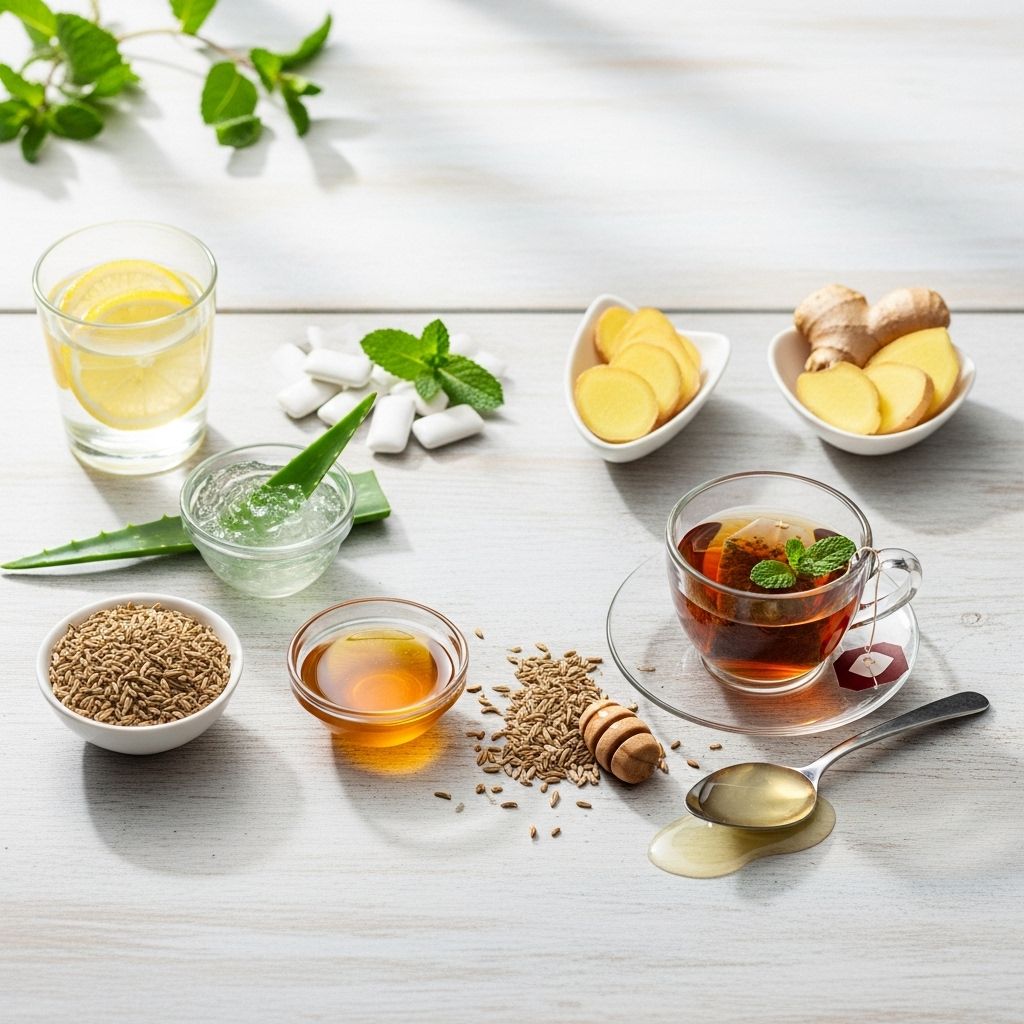
Effective Home Remedies To Treat Dry Mouth
Dry mouth, medically called xerostomia, is a common oral health issue caused by insufficient saliva production. While often mild, persistent dry mouth can significantly affect comfort and oral health, leading to grooved tongue, bad breath, dental decay, and gum disease. Fortunately, various home remedies and lifestyle changes can help restore moisture and reduce symptoms.
Table of Contents
- What Causes Dry Mouth?
- Recognizing Dry Mouth Symptoms
- Top Home Remedies for Dry Mouth
- Herbal and Natural Remedies
- Lifestyle Changes and Prevention Tips
- Frequently Asked Questions (FAQs)
- When to See a Doctor
What Causes Dry Mouth?
Dry mouth develops when the salivary glands in your mouth don’t produce enough saliva. This condition may be temporary or chronic. Common triggers include:
- Medications: Over 90% of dry mouth cases are related to side effects from prescription and over-the-counter medications, including antihistamines, antihypertensives, antidepressants, and bronchodilators.
- Aging: Saliva production naturally declines with age, and older adults are more prone to dry mouth—especially if they take multiple medications.
- Dehydration: Not drinking enough water, excessive sweating, or illness can lead to dehydration and reduce saliva output.
- Medical conditions: Conditions such as diabetes, Sjögren’s syndrome, and HIV/AIDS often cause chronic dry mouth.
- Lifestyle factors: Smoking, alcohol, excessive caffeine, and poor oral hygiene habits can contribute to dry mouth.
Recognizing Dry Mouth Symptoms
Symptoms of dry mouth can be subtle or very noticeable. Common signs include:
- Sticky, dry, or burning sensation in the mouth
- Difficulty chewing, swallowing, or speaking
- Sore throat or hoarseness
- Cracked lips or corners of the mouth
- Bad breath
- Grooved tongue or fissured oral tissues
- Increased dental decay or gum disease risk
Chronic dry mouth should never be ignored, as it can significantly impact your oral and overall health.
Top Home Remedies for Dry Mouth
If you’re struggling with dry mouth, these home remedies and self-care steps can bring relief and protect your oral health:
1. Stay Hydrated
- Drink water frequently: Sip plain or filtered water throughout the day to keep your mouth moist, especially before bedtime or when talking for long periods.
- Moist foods: Add soups, smoothies, and stews to your diet for hydration and easier swallowing.
2. Chew Sugar-Free Gum or Suck Sugar-Free Lozenges
- Sugarless gum and candy: Chewing sugar-free gum (preferably with xylitol) or sucking on sugarless lozenges can stimulate saliva production and provide quick relief.
- Slippery elm or marshmallow root lozenges: These herbal ingredients can help coat and soothe your mouth.
3. Try Oil Pulling
- Coconut or sesame oil: Swish 1–2 tablespoons in your mouth for 10–15 minutes, then spit out. This ayurvedic method (oil pulling) can coat, clean, and soothe dry oral tissues.
4. Use a Homemade Mouth Rinse
- Salt-baking soda rinse: Mix 1 cup warm water with 1/4 teaspoon baking soda and 1/8 teaspoon salt. Swish for 30 seconds, then spit out. Repeat up to three times daily.
- Alcohol-free commercial mouthwashes: Look for mouthwashes formulated for dry mouth, with moisturizing agents like xylitol, aloe, or glycerin. Avoid products with alcohol, which worsen dryness.
5. Humidify Your Environment
- Home humidifiers: Use a bedside humidifier at night or keep one running in your living areas to add moisture to the air and reduce mouth dryness.
6. Watch Your Diet
- Avoid dehydrating foods and drinks: Limit or avoid alcohol, caffeine (coffee, tea), spicy or salty foods, and high-sugar items, all of which can worsen dehydration and irritation.
- Add moisturizing foods: Snack on watery fruits and vegetables—especially celery, cucumber, oranges, and melon.
- Include papaya: The digestive enzymes in papaya may gently stimulate saliva flow.
- Add sauces and gravies: Moisten dry or hard foods by adding a little sauce, broth, or olive oil to make chewing and swallowing easier.
7. Improve Breathing Habits
- Breathe through your nose: Mouth breathing exacerbates dryness. Consult your doctor if allergies, congestion, or deviated septum compel you to breathe through your mouth.
8. Practice Excellent Oral Hygiene
- Brush and floss twice daily: Use fluoride toothpaste and soft brushes to gently clean teeth and gums.
- Visit your dentist regularly: Keep up with professional cleanings and consult your dentist about ways to protect your oral tissues from dryness.
- Avoid sugary or acidic foods and drinks: Since dry mouth increases cavity risk, limit foods that contribute to dental erosion and decay.
Herbal and Natural Remedies to Relieve Dry Mouth
Certain herbs and natural ingredients have been traditionally used—and researched—for their ability to stimulate saliva and soothe dryness:
| Herb/Natural Remedy | How It Helps | Usage Method |
|---|---|---|
| Aloe vera | Moisturizes and soothes oral tissues | Rinse mouth or drink unsweetened juice |
| Ginger | Stimulates saliva production | Chew raw slices, sip ginger tea, or use extracts |
| Slippery elm & marshmallow root | Coats and soothes mouth | Use lozenges, teas, or gargles |
| Nopal cactus (prickly pear) | Promotes saliva; traditional Mexican remedy | Consume as a food or supplement |
| Sweet pepper (Capsicum annuum) | May boost saliva on contact | Eat raw slices or include in meals |
| Spilanthes | Used in herbal dentistry; increases salivation | Chew on fresh flowers or use drops |
Lifestyle Changes and Prevention Tips
- Quit smoking: Smoking and vaping dry out the mouth and inhibit saliva production.
- Limit alcohol: Alcoholic drinks and strong mouthwashes dehydrate the mouth. Choose water or alcohol-free rinses.
- Avoid over-the-counter antihistamines and decongestants: These can further dry out mouth tissues; consult your doctor for alternatives where possible.
- Avoid excessive caffeine and sugary beverages: Opt for water, herbal teas, or diluted juices to keep oral tissues hydrated.
- Regular physical exercise: Supports healthy salivary function, but stay hydrated and avoid working out in overly hot environments.
Frequently Asked Questions (FAQs)
Q: How quickly do home remedies relieve dry mouth?
Most people experience temporary relief within minutes to hours using hydration, chewing gum, or mouth rinses. For chronic cases, consistent daily self-care is necessary for lasting improvement.
Q: Are there foods that worsen dry mouth?
Yes. Salty snacks, dry crackers, spicy foods, caffeinated beverages (coffee, tea), sodas, and alcoholic drinks can all make dryness worse. Eat more hydrating fruits and avoid these triggers when possible.
Q: Is dry mouth always caused by medications?
No. While medications are a leading cause, dry mouth can also result from dehydration, nerve damage, autoimmune diseases like Sjögren’s syndrome, diabetes, and anxiety.
Q: Can dry mouth lead to other health problems?
Yes. Persistent dry mouth increases the risk of dental cavities, gum disease, oral yeast infections, and even trouble eating or speaking. That’s why managing symptoms is so important.
Q: Do herbal remedies really work for dry mouth?
Evidence suggests that many herbs—such as ginger, aloe vera, slippery elm, and marshmallow root—can stimulate saliva or soothe oral tissues. Always consult a healthcare professional before starting any new supplement or remedy, especially if you have underlying health conditions or take medications.
When To See a Doctor
- Your dry mouth symptoms persist despite home care for more than a few weeks
- Eating, swallowing, or speech are impaired
- You develop mouth sores, cracked lips, or signs of oral infection
- You notice sudden tooth decay, gum irritation, or bad breath that doesn’t improve
These could signal underlying health issues or medication side effects that require medical or dental evaluation. Don’t stop any prescribed medication without consulting your provider.
Key Takeaways
- Most dry mouth cases improve with simple changes: increased water intake, sugarless gum or lozenges, oil pulling, homemade rinses, and humidified air.
- Use hydrating foods, avoid triggers like alcohol and tobacco, and maintain rigorous oral hygiene.
- Consider herbal remedies like aloe vera and ginger as natural saliva stimulants.
- Seek professional help for long-lasting or severe symptoms to rule out underlying health concerns.
References
- https://www.mskcc.org/news/natural-remedies-dry-mouth-xerostomia
- https://www.healthline.com/health/dry-mouth-remedies
- https://www.biotene.com/dry-mouth-health-impacts/natural-remedies-dry-mouth/
- https://www.hopkinssjogrens.org/disease-information/treatment/management-of-dry-mouth/
- https://www.mayoclinic.org/diseases-conditions/dry-mouth/expert-answers/dry-mouth/faq-20058424
- https://www.medicalnewstoday.com/articles/327265
- https://www.colgate.com/en-us/oral-health/dry-mouth/dry-mouth-home-remedies
- https://www.smilearizonadentistry.com/blog/dry-mouth-home-remedies
- https://my.clevelandclinic.org/health/diseases/10902-dry-mouth-xerostomia
Read full bio of Sneha Tete

